The programme ran from 2016 to 2021, implemented by the ISC in partnership with the Network of African Science Academies (NASAC) and with financial support from the Swedish International Development Cooperation Agency (Sida).
LIRA 2030 was the first research funding programme aiming to help early-career researchers in Africa undertake transdisciplinary research and foster scientific contributions to the implementation of Agenda 2030 in African cities, at a continental scale.
The programme ran from 2016 to 2021, implemented by the ISC in partnership with the Network of African Science Academies (NASAC) and with financial support from the Swedish International Development Cooperation Agency (Sida).

The LIRA programme was launched immediately after the adoption of the 2030 Agenda, and aimed to encourage the work of scientists developing the knowledge and evidence needed to drive sustainable urban development. LIRA focused on building the capacity of the next generation of African scientists to rethink urban futures on the continent in collaboration with local authorities, communities, government and industry.
The programme supported 28 collaborative research projects in 22 African countries: Angola, Benin, Burkina Faso, Cameroon, Côte d’Ivoire, Democratic Republic of Congo, Ethiopia, Ghana, Kenya, Malawi, Mozambique, Namibia, Niger, Nigeria, Rwanda, Senegal, South Africa, Tanzania, Togo, Uganda, Zambia and Zimbabwe.
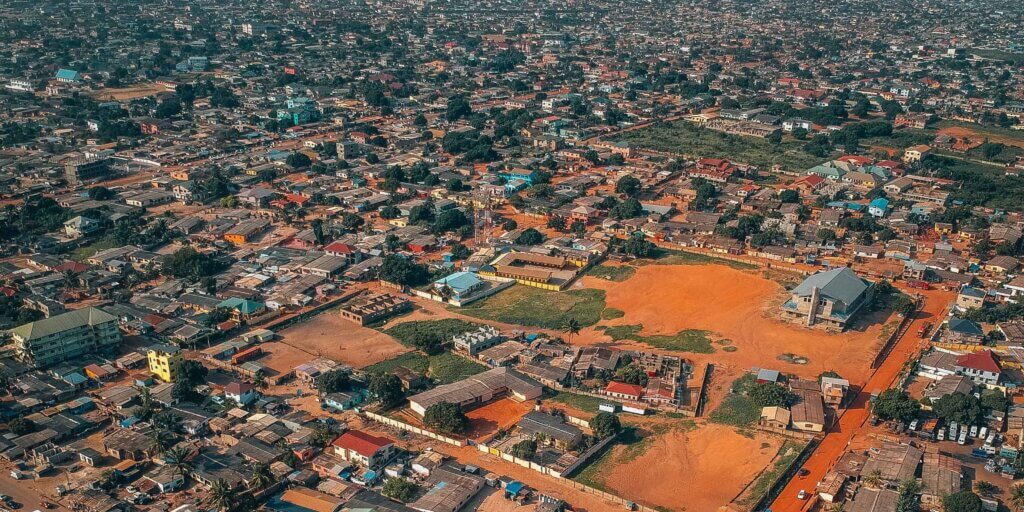 blog
blog
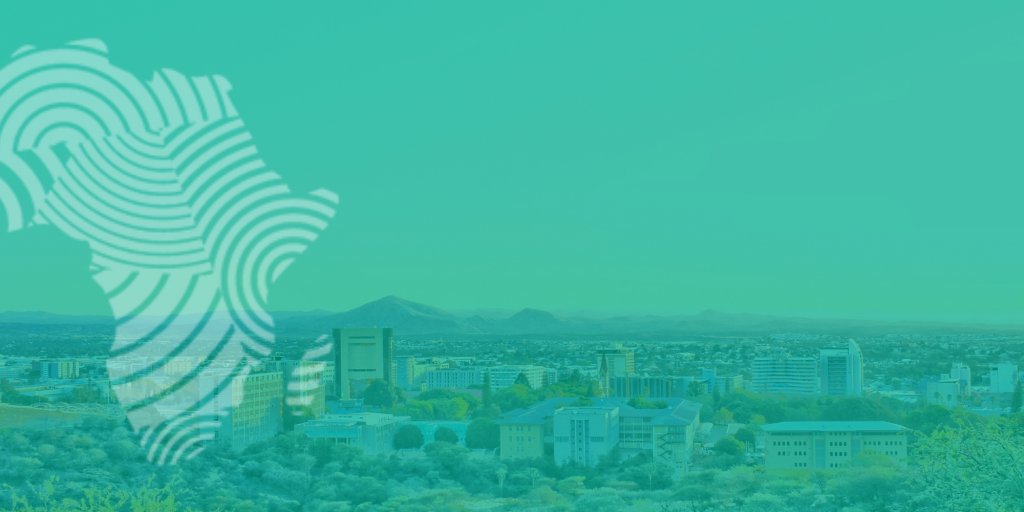 events
events
 blog
blog
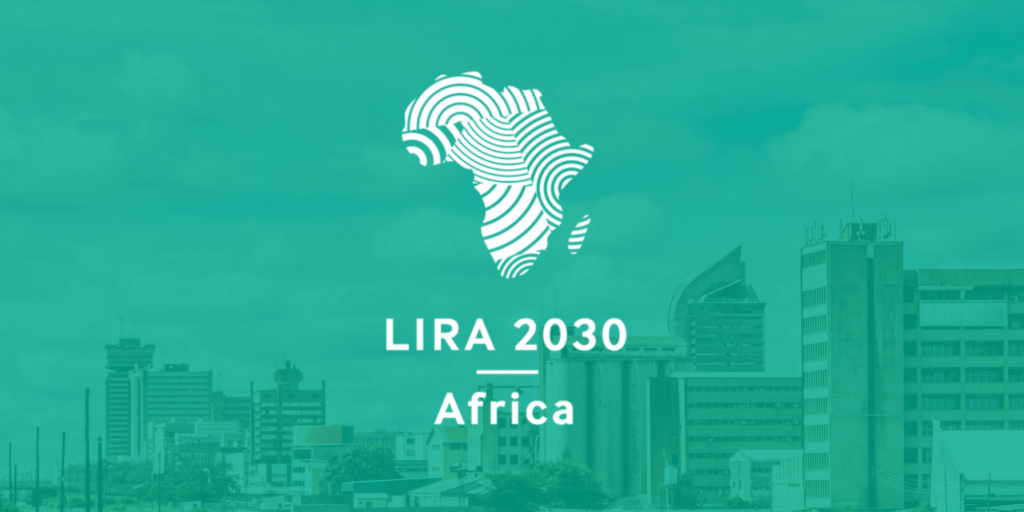 publications
publications
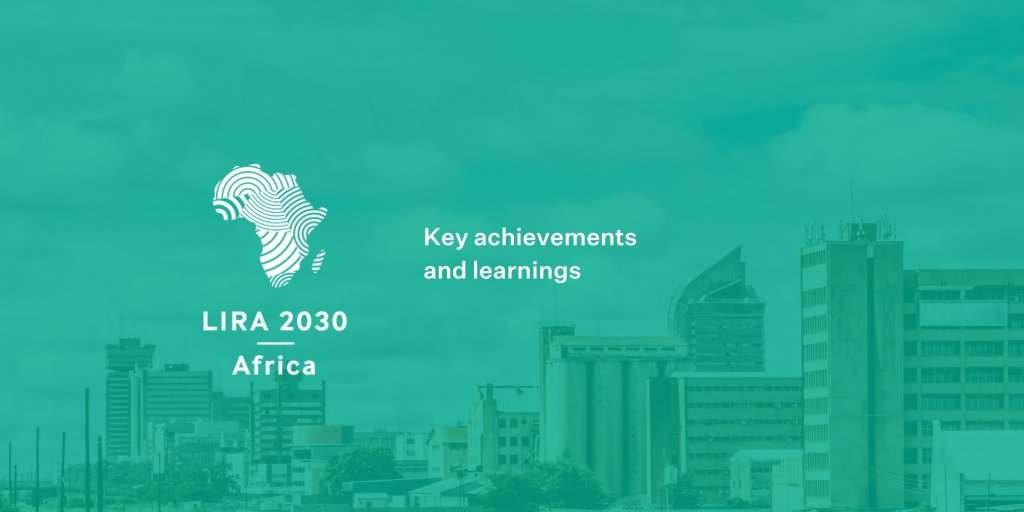 publications
publications
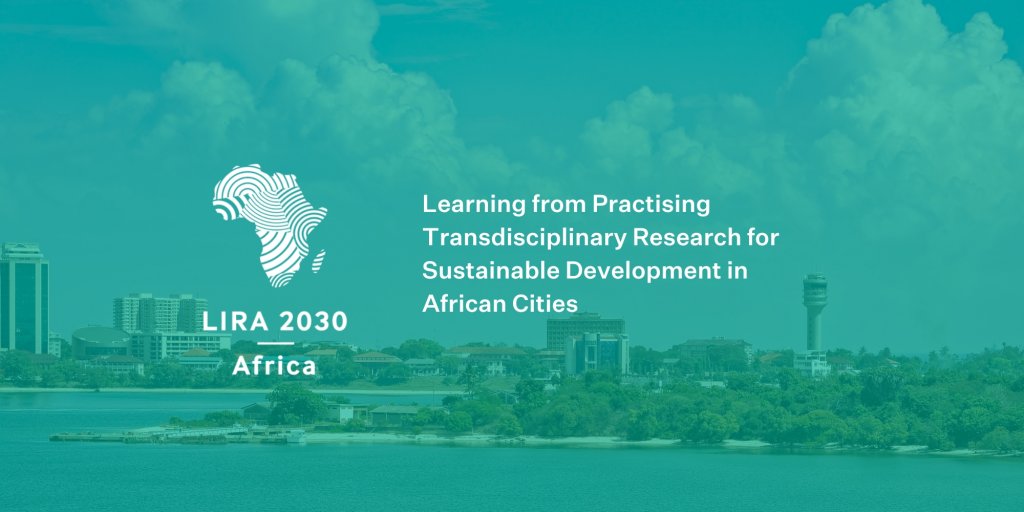 publications
publications